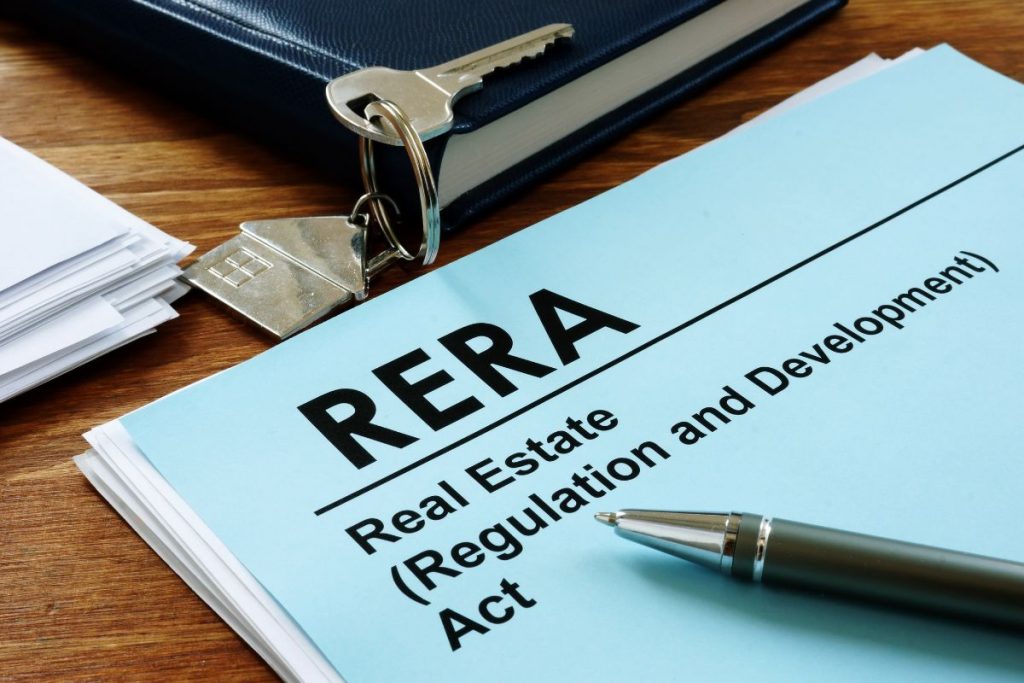It may be aggravating as a landlord when a tenant fails to pay their rent. While nonpayment of rent is uncommon, when it occurs, it can result in legal issues and financial losses.
If your tenant has failed to pay their rent, you may be asking what to do, what alternatives you have to reclaim the overdue money, and whether you may evict them. Let’s talk about it.
Real Estate Regulatory Agency (RERA)

The first point to note is that Dubai’s Real Estate Regulatory Agency (RERA) has established particular regulations that control the interaction between tenants and landlords. These laws were enacted to reduce the possibility of disagreements and misunderstandings.
It is essential to understand that these regulations were created to protect both the landlord and the tenant. The legal process for eviction can be lengthy and complicated, and it is essential that you follow the proper legal processes to avoid any delay or significant loss. It is best to obtain the advice of a legal practitioner who can help you through the procedure and preserve your rights as a landlord.
1 – Make contact with the tenant.

If your tenant fails to pay their rent, the first thing you may do is contact them informally to remind them of their rental responsibilities. Inform them that the rent is now due and that you will take appropriate action if payment is not made. Make sure you convey this in writing to the tenant.
Perhaps, this will be enough to resolve the issue, but if the tenant continues to fail to pay their rent, you can file a formal notice.
2 – Send Out A Legal Notification

When a cheque is returned unpaid, the landlord or management agent will notify the tenant and ask them to make the payment. Some landlords allow up to 48 hours to make the payment, and others are more flexible up to a week; it is all up to the landlord. If the tenant does not pay their rent by the end of this term, the landlord may submit a 30-day legal notice demanding payment to the tenant.
The legal notice should specify how much the tenant owes, including any late fees (if any are listed in the leasing agreement), as well as what action the landlord will take if payment is not made within 30 days.
The legal notification must be notarized by a UAE notary and served by registered mail. If a tenant does not pay their rent within 30 days, the matter can be escalated to the Rental Dispute Center (RDC).
3 – Rental Dispute Resolution Center
The RDC is in charge of settling disputes between landlords and tenants, and it is the first port of contact for all rental property problems in Dubai. After the landlord files a case, the RDC will send a notice to the tenant advising them of the matter and scheduling a hearing date. Both the landlord and the tenant will have the opportunity to submit their cases at the hearing, and the RDC will make a decision based on the information provided. The papers must be translated into Arabic and provided with a memorandum describing the contract conditions and any additional specifics.
If the RDC finds in favor of the landlord, the tenant must pay the unpaid rent plus any legal expenses spent by the landlord. If the tenant does not pay within the prescribed time frame, the landlord may petition the RDC for an eviction order. The eviction order will allow the tenant a certain amount of time to evacuate the property, and if the tenant does not depart, the landlord may request that the RDC remove the tenant. The RDC will then designate someone to carry out the eviction.
Avoiding Tenant Issues

While there is always the possibility of problems with your tenant, there are things you can do to reduce this risk. The first step is to have a well-drafted tenancy contract in place that clearly specifies the terms and conditions of the tenancy as well as the repercussions of non-payment of rent. To avoid problems, you should also undertake rigorous tenant screenings and keep a positive connection with your tenants.
An expert property manager can create a well-drafted tenancy agreement, screen renters, establish a strong relationship, and act swiftly on your behalf.




